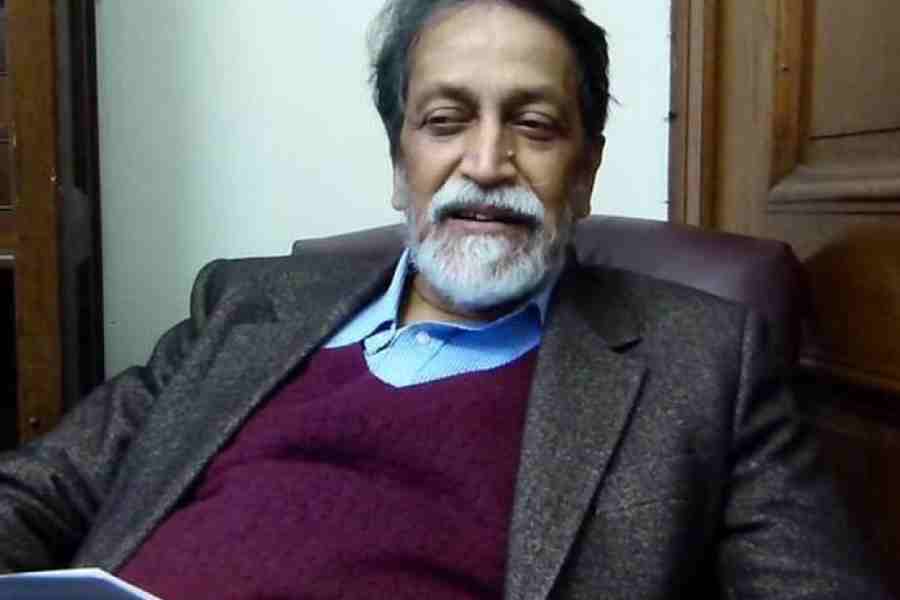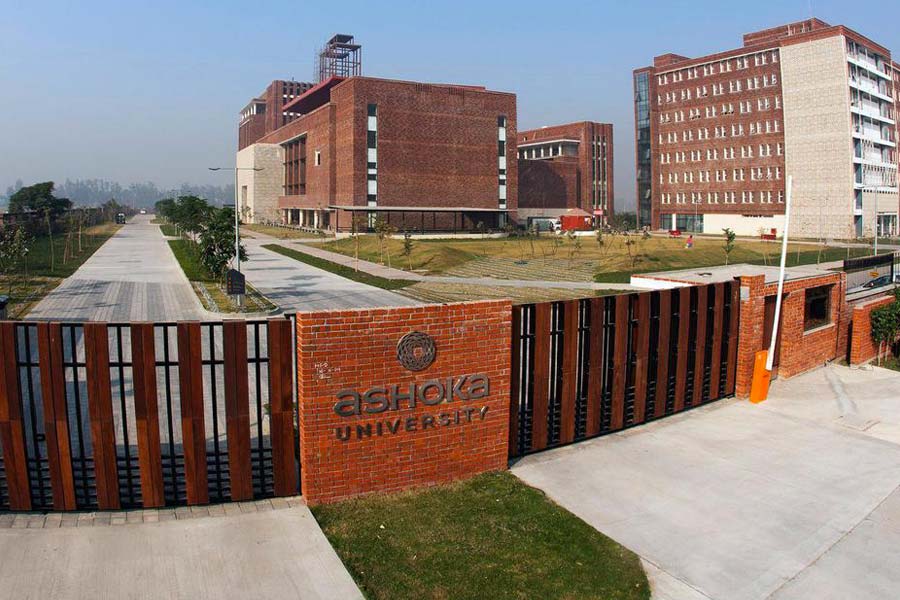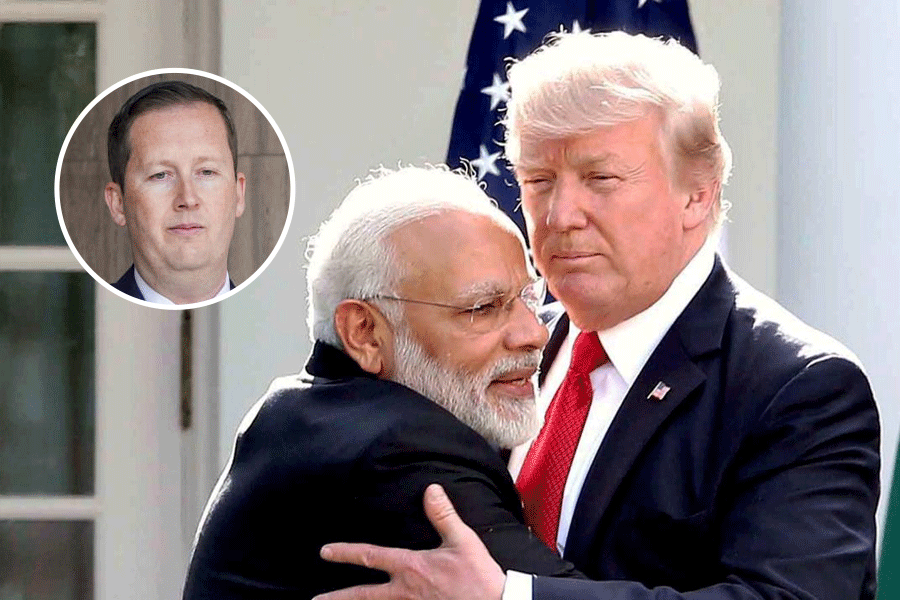Classes for the current academic year began at Haryana’s Ashoka University on Monday, weeks after two professors put in their papers over a question of academic freedom.
Earlier this month, the private university, located around 50km north of Delhi, distanced itself from a working paper by its assistant professor of economics, Sabyasachi Das. Titled “Democratic Backsliding in the World’s Largest Democracy", the paper alleged probable electoral manipulation by the “incumbent party” in the 2019 Lok Sabha elections.
Das resigned after the university began an inquiry into his unpublished paper by a panel that included a non-academic member of its governing body. Economics professor Pulapre Balakrishnan quit in solidarity with Das after the latter’s resignation was accepted.
On August 16, the economics department said they would “find themselves unable to carry forward their teaching obligations, if Das was not offered the job he quit” and asked the management to stop evaluating faculty research. However, three days later, this call to strike was withdrawn — without any concessions being made publicly by the management.
Last week, Ashoka’s student-run newspaper, The Edict, tweeted: “UPDATE: Professor Sabyasachi Das’s two scheduled sections of Development Economics (ECO-3500), a mandatory course for all economics majors at Ashoka University, have now been allotted to other instructors. The course is offered every Monsoon semester. One of the sections (ECO-3500-1) will be taught by Professor Hemanshu Kumar in Das’s stead. The instructor details for the second section have not been updated as of yet.”
Neither Ashoka authorities nor Das responded to questions emailed by this newspaper.
Jayati Ghosh, economics professor at the University of Massachusetts Amherst in the US, told The Telegraph: “This (the reallocation of Das’s course) is very disturbing, if it’s true, especially after such an impressive display of solidarity with the researcher and concerted demands for academic freedom by the Ashoka University faculty.”
Ghosh added: "This is a concern that goes well beyond any single university because it suggests that academic research will no longer be driven by independent questioning and subject to proper peer review and criticism, but will be driven by and influenced by those in power.”
Last week, multiple news outlets reported that the Intelligence Bureau had visited the campus to enquire about Das, who is now a visiting faculty at the Gokhale Institute of Politics and Economics in Pune. Ashoka’s clearance for receiving foreign contributions is due for renewal by the Centre next month, before which IB vetting is customary.
A teacher at the varsity told this newspaper: “The campus is completely peaceful as if nothing had ever happened. There is general merrymaking with new students here.”
Prabhat Patnaik, who taught economics at JNU and was vice-chairman of the Kerala State Planning Board, said he did not know why Ashoka’s economics department withdrew its call to stop work until Das was offered the job he had just quit.
Patnaik explained: “What is unfolding in Ashoka University is extremely unusual; it reflects the ascendancy of a fascistic State that simply cannot tolerate any criticism, however implicit and however academic, of its actions or of the process that brought it to power, and puts pressure to have such criticism withdrawn.”
He added: “But this virtually rules out all research in the social sciences. These disciplines are concerned with society and hence, crucially, with the formation of governments and the outcome of government action; if scholars cannot study them to arrive at conclusions they consider truthful — and the academic world has its own mechanisms for assessing the truthfulness of such conclusions — then research in the social sciences becomes impossible.
“Eventually, this will also extend to the natural sciences, where any research throwing doubts on the pet superstitions of the Hindutva elements will invite demands for recantation. This will destroy the raison d’être of universities in the country, reducing them at best to mere coaching centres.”











